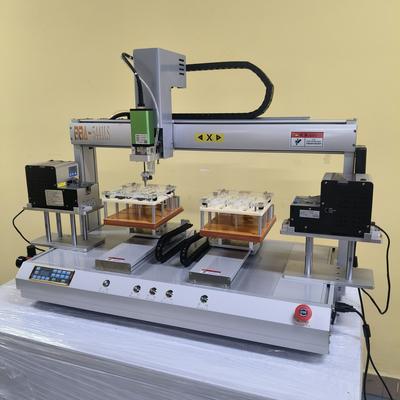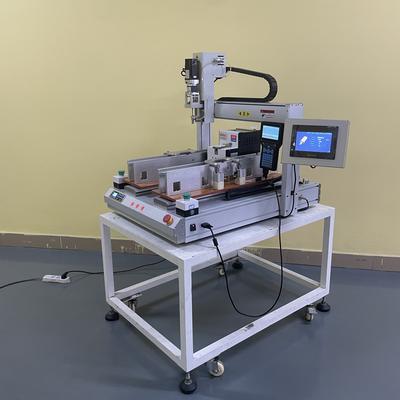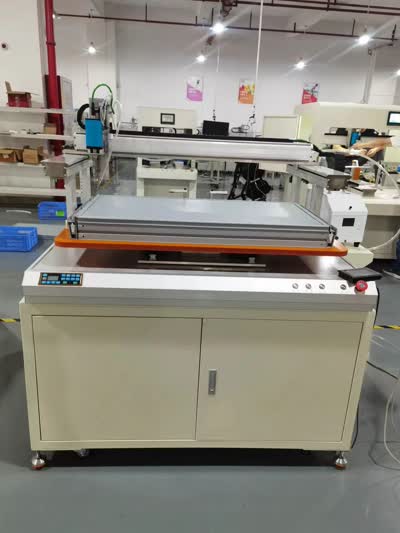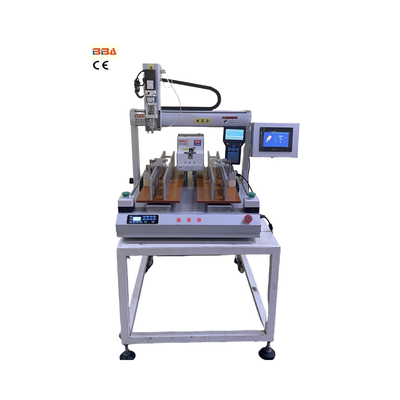Local vs. Imported Screw Locking Machines: Cost, Quality, & Support Compared

Local vs. Imported Screw Locking Machines: What to Choose?
Screw locking machines are critical components in industrial automation, ensuring precision and efficiency in assembly lines. When selecting equipment for your operations, the choice between locally manufactured and imported machines often arises. Both options have distinct advantages and challenges, and the decision ultimately depends on your specific operational needs, budget, and long-term goals.
Cost Considerations
Local screw locking machines typically offer lower upfront costs due to reduced shipping fees and import duties. Maintenance and replacement parts are also more affordable and accessible, minimizing downtime. Imported machines, while sometimes priced higher, may provide advanced technological features or specialized capabilities that justify the investment. However, hidden costs such as customs delays or currency fluctuations can impact total expenses.
Technical Support and Service
One key advantage of local suppliers is proximity. Technicians can respond quickly to service requests, troubleshoot issues on-site, and provide hands-on training for operators. Imported machines might require reliance on remote support or regional distributors, which can lead to longer resolution times. Ensure your supplier offers comprehensive warranties and a proven track record of after-sales service.
Customization and Adaptability
Local manufacturers often have greater flexibility to customize machines for unique production requirements. They can modify designs, integrate with existing systems, or adjust specifications based on feedback. While some imported models also offer modular designs, language barriers or time zone differences may complicate communication during the customization process.
Quality and Durability
Imported screw locking machines are frequently associated with cutting-edge engineering, particularly from regions with established automation industries. However, local manufacturers have significantly improved quality standards in recent years, often producing robust machines that comply with international certifications. Always verify material quality, testing protocols, and compliance with industry regulations before purchasing.
Lead Times and Logistics
Local suppliers typically offer shorter lead times, enabling faster deployment of equipment. Imported machines may require months for production, shipping, and customs clearance, which could disrupt project timelines. Conversely, global suppliers with regional warehouses may mitigate this challenge through strategic inventory management.
Making the Right Decision
Evaluate your priorities: If minimizing downtime and fostering long-term supplier relationships are critical, local options may be ideal. For highly specialized applications requiring niche technology, imported machines could be worth the additional investment. Hybrid solutions—using local machines for standard processes and imported units for precision tasks—might optimize both cost and performance.
Ultimately, the choice depends on aligning equipment capabilities with your production goals. Conduct thorough trials, analyze lifecycle costs, and prioritize suppliers who demonstrate transparency and reliability—regardless of origin.
| Product Name | Applicable industries |
| CNC Screw Fastener | Smartphone Manufacturing |


